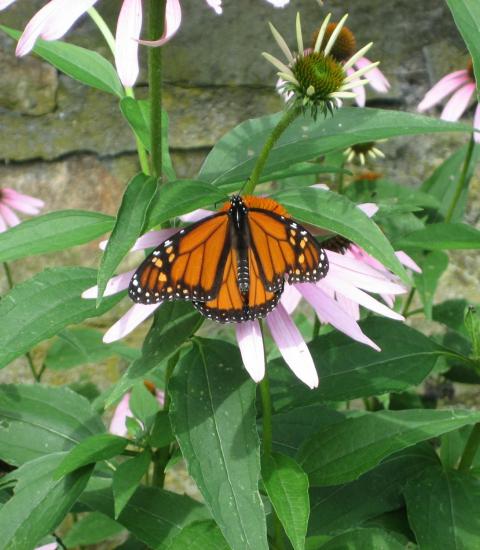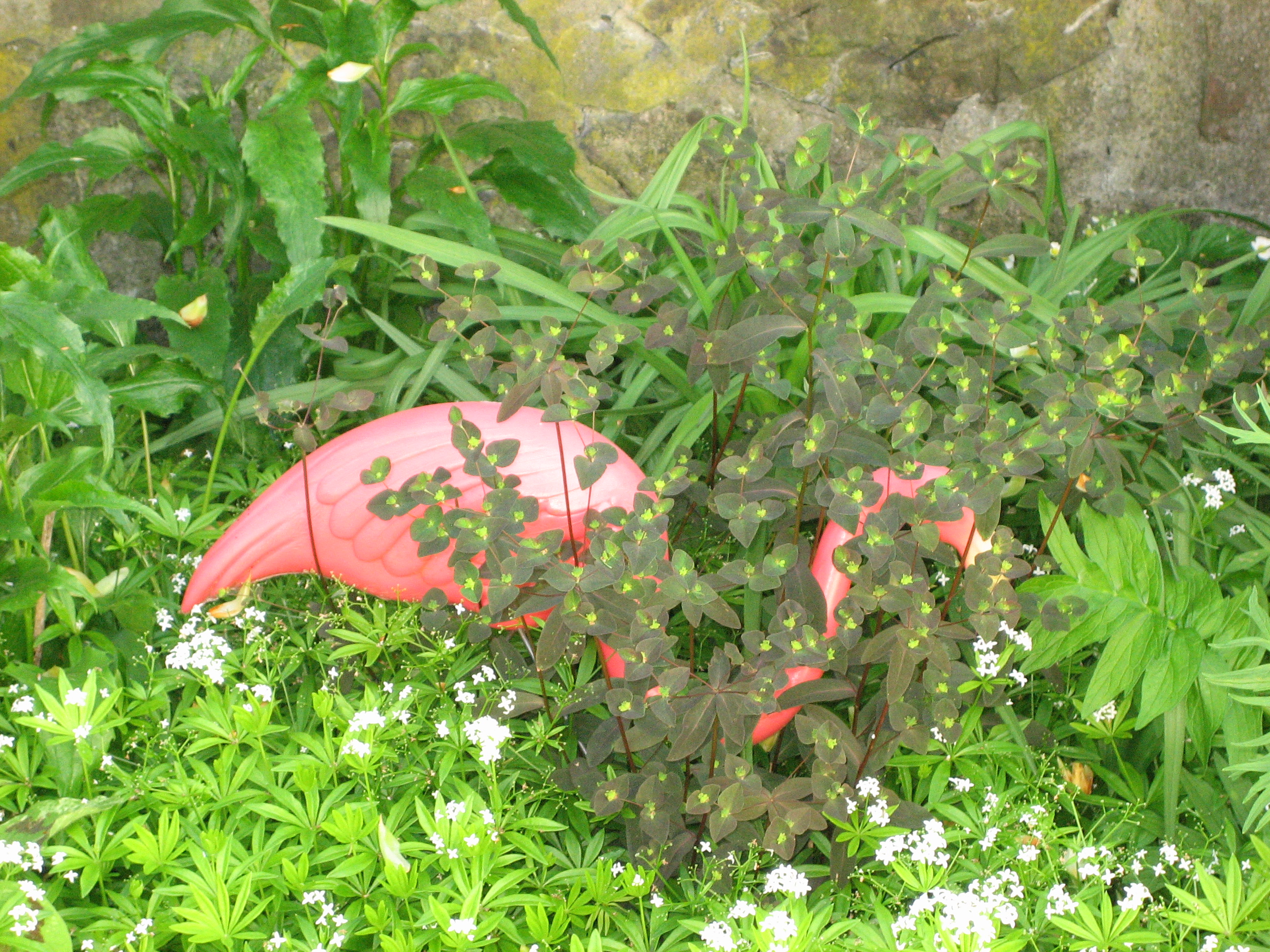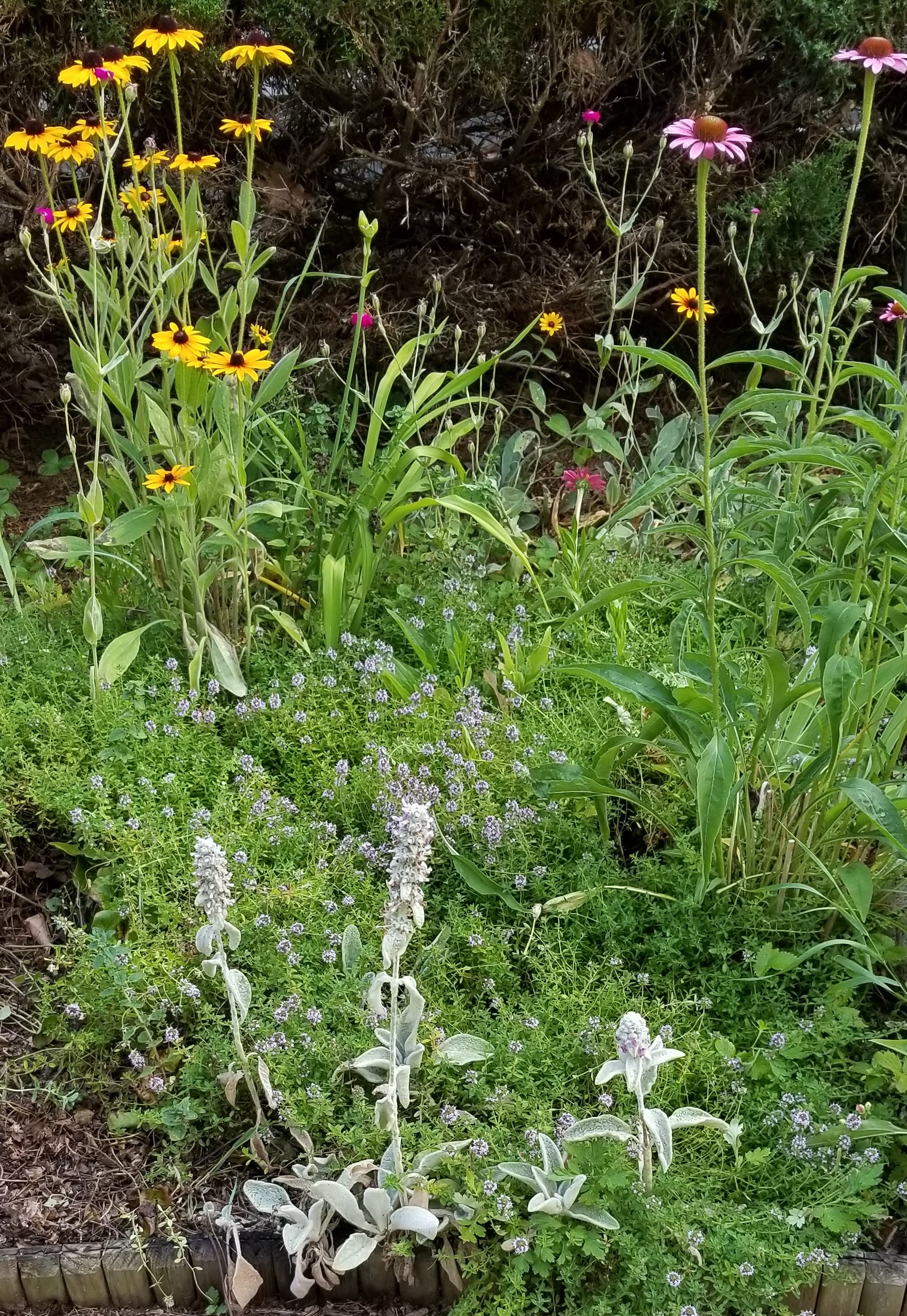
I had another topic in mind to write about for this blog post but having recently written about my first garden and a brief introduction to the concept of place attachment, it seems as if this is the right time to share my thoughts about losing my backyard garden. Before I head there, I would like to share a word or two more about place attachment, with more follow in the next few blog posts. Place attachment refers to a positive intellectual-emotional connection people form with places of importance to them and acknowledges how this bond facilitates a sense of wellbeing (Clarke, Murphy, & Lorenzoni, 2017: Scannell & Gifford, 2017). Places with which we attach meaning are those that we have, or continue to experience, which bring us joy and comfort. For anyone interested in learning more, I recommend a highly readable article, Place Attachment & Meaning, which can be found on https://depts.washington.edu/hhwb/Thm_Place.html
Those who read my previous blog post, My Home in Nature, may correctly intuit that previous home gardens represent important place attachments for me. When we lived in (then) rural western New Jersey my life revolved around the garden. My work colleagues were equally attached to their gardens and we spent winters pouring over garden catalogs, discussing the merits of various organic gardening techniques, eagerly awaiting the magnificent Philadelphia Flower Show, and for me, opening day at Whiskey Run Herb farm, where I purchased all sorts of herbs for my expansive herb garden that was open to our entire neighborhood. Was there anything better than harvesting a bushel of tomatoes and armloads of herbs to make dozens of jars of salsa and sauce? That garden made me feel relevant and needed- I was feeding our family and the neighborhood and was connected with myself and the earth. Quite simply, my garden was profoundly meaningful to me. I carry a piece of it in my heart. Fast forward several gardens later, and we arrive at the one that is the backdrop for what brought me to my work as a therapeutic designer. I can’t wait to share that story with you later, but for now, I need to tell you about putting that Boston garden to bed.

As we prepared to move from Boston to Florida, I knew that the beautiful backyard oasis I lovingly nurtured for over a decade had to live on with people I loved and cared about. Friends came over and dug out plants, and I packed up 35 pounds of plants and flew with them to the Midwest to re-home them in my sister and brother in law’s garden. Many live on today, 10 years later, and it never ceases to amaze me how looking at and stroking these plants always fill my heart with joy and gladness. It helps me to recall the way in which the quiet contentment and solitude I experienced while working and being in my backyard garden enveloped me like a silky cocoon. In my garden I was safe and whole. I was my best self.

Today we live in mid-rise condo building and our only personal outdoor space is a small balcony, for which I am grateful. Despite all efforts, I cannot get anything but succulents to grow on the balcony; the herbs and vegetables I long to grow, languish. I feel such an intense sense of loss of place and meaning, no longer having a garden to tend or perhaps better said, the garden to tend me. Over the years I have participated in numerous social group gardening endeavors and have relished each experience and wholeheartedly support them. But I confess that I dream of one day, once again, having a backyard garden of my own. Until then, I often return to my past garden places in my mind to experience a sense of connection and wellness. I wonder, what is your place in nature?
References
Clarke, D., Murphy, C.& Lorenzoni, I. (2018). Place attachment, disruption and transformative adaptation. Journal of Environmental Psychology, 55, 81-89. https://doi.org/10.1016/j.jenvp.2017.12.006
Scannell. L. & Gifford, R. (2017). The experienced psychological benefits of place attachment. Journal of Environmental Psychology, 51, 256-269. https://doi.org/10.1016/j.jenvp.2017.04.001
